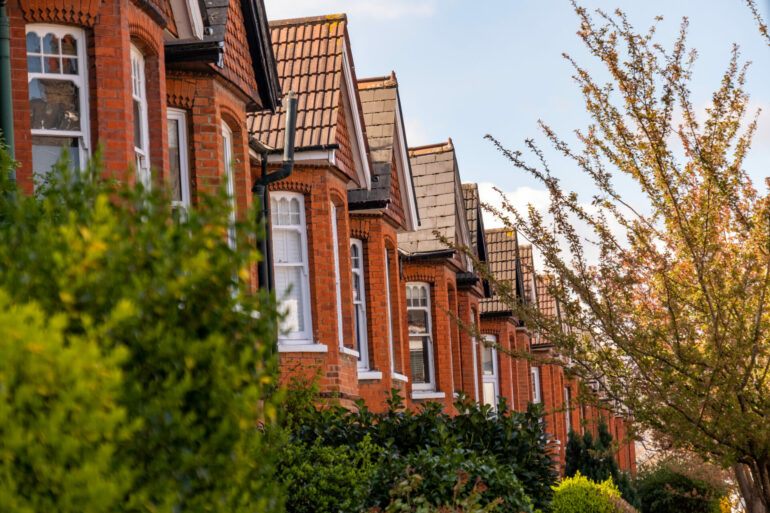Homebuyers across England are bracing for higher costs as the Stamp Duty nil-rate threshold for home movers is set to be halved next week.
From 1st April 2025, the threshold will drop from £250,000 to £125,000, significantly increasing the tax burden on property purchases.
Analysis from Coventry Building Society revealed just how much more buyers will need to pay in each region.
The tax bill on an average-priced home in England is set to more than double, rising from £2,028 to £4,528.
The impact of the changes will vary across the country.
Currently, homebuyers in the North East, Yorkshire & The Humber, North West, East Midlands, and West Midlands pay no Stamp Duty on an average-priced home.
However, from April, those in the North East will need to pay £727, while buyers in Yorkshire & The Humber will face a charge of £1,579.
In the North West, the tax will be £1,720, while homebuyers in the East Midlands and West Midlands will pay £2,340 and £2,387, respectively.
In regions where Stamp Duty is already payable, the increases will be even more substantial.
In the South West, the tax will rise from £2,792 to £5,292.
The East of England will see an increase from £4,519 to £7,019, while in the South East, it will jump from £6,680 to £9,180.
Londoners will be hit hardest, with Stamp Duty on an average-priced home rising from £14,946 to £17,446.
The current Stamp Duty thresholds have been in place since September 2022, during which time the Treasury has collected over £32.3bn in property tax.
The upcoming changes are expected to generate even more revenue, as more buyers find themselves liable for higher tax bills.
Jonathan Stinton, head of intermediary relationships at Coventry Building Society, said: “The upcoming changes to Stamp Duty mean home movers across England will soon be paying thousands more when they buy their next home.
“Right now, someone buying an average priced home in the northern parts of the country won’t pay a penny in Stamp Duty – but from 1st April buyers across the country will have to find up to £2,500 extra just to cover the tax.
“Many buyers will have to stretch their savings, reduce their deposit, or even borrow more on their mortgage to cover the tax hike.
“That’s why it’s so important for buyers to factor in the new thresholds when planning their next move, and to seek advice on how best to manage their budget in light of these changes.”




